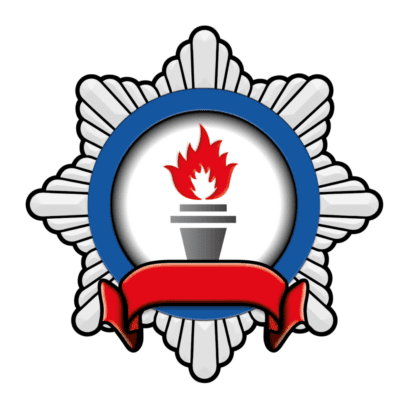Published 20 January 2023
New Academic Collaboration, Evaluation and Research Group (ACER)

What is ACER?
The Academic Collaboration, Evaluation and Research Group (ACER) is an independent forum, convened by the NFCC, to help coordinate and maximise the benefits of academic research with relevance for fire and rescue services (FRS), to contribute to improved public and firefighter safety.
It is chaired by Rowena Hill from Nottingham Trent University and Vice Chaired by Justin Johnston from Lancashire FRS.
ACER has been established to create better national links between the fire and rescue services through the conduit of the NFCC and academia. In addition to this it will provide an ethical approach to research partnerships and potential research funding. It aims to improve the gathering, reviewing and analysis of research findings and set them into context for the NFCC and/or FRS.
Why has ACER been set up?
It is recognised that to date, the approach to research within fire and rescue services has not had the benefit of national oversight and coordination. No dedicated resources have been available to support research and opportunities that may exist to attract research funding have not been maximised.
Many local relationships exist between services and academic institutes. Specific research has been commissioned and completed, which is of benefit if known about. However, what has been missing is the ability for services to see what useful research may already be available to them to prevent duplication, or for research requirements to be collated, reviewed and prioritised against national needs rather than just local, and potentially quite bespoke, ones.
Over the last year, exploratory work to consider how a better connection between the services and academia could be established has been undertaken. Discussions with various contacts in academia confirmed that there was an appetite from both sides to improve how they work together. Proposals were discussed and a business case for the establishment of ACER was approved by the NFCC in 2022, as it was unilaterally agreed that a more coordinated approach was needed.
Over the next five years, it is the ambition of the Local Government Association, National Employers and the NFCC to deliver improvement priorities in the Fit for the Future strategy. The ACER Group has been set up to explore research findings aligned to NFCC and Fit for the Future priorities.
What will ACER do and how will it work? Where are we now?
Following agreement that ACER should be established in the summer of 2022, work began to appoint an independent Chair from academia and to establish how the group should be formed. Academic representatives on the Group have been selected to represent the range of academic disciplines that have relevance to fire and rescue services. The first ACER Group meeting was held on 8th November 2022, where the Group discussed draft Terms of Reference, the proposed academic disciplines and ways of working for the Group.
More work is now required to establish how the Group will operate which includes:
- Identifying the existing research already being undertaken across FRS, so that we don’t cause duplication in existing work and can identify potential future research opportunities
- Considering how requests for research will be input to the Group
- Considering published research that has relevance may be collated and made available more easily to FRS.
At this very early stage, there is much to do to enable the Group to function. There is no desire to prevent progress on research already underway and there will always be the need for services to work with their local academic partners. What is hoped is that in the future there will be a conduit for research and a place where published research can be more easily accessed. In addition, requests for research can be collated in a more structured way and the Group can provide advice and steer on the best ways to approach research and potentially funding streams to support that.
Further Information
For further information, contact: ACER@nationalfirechiefs.org.uk
